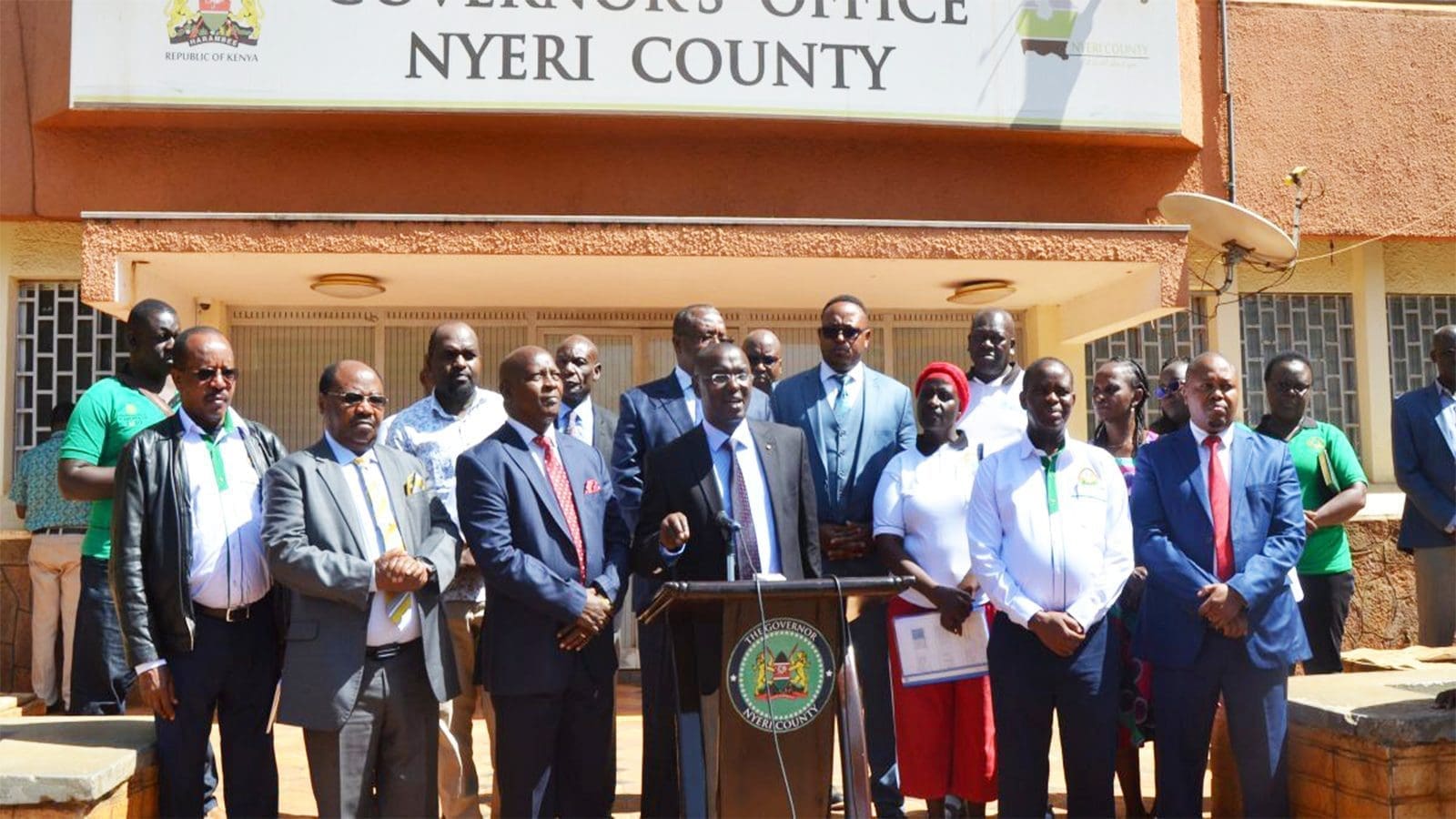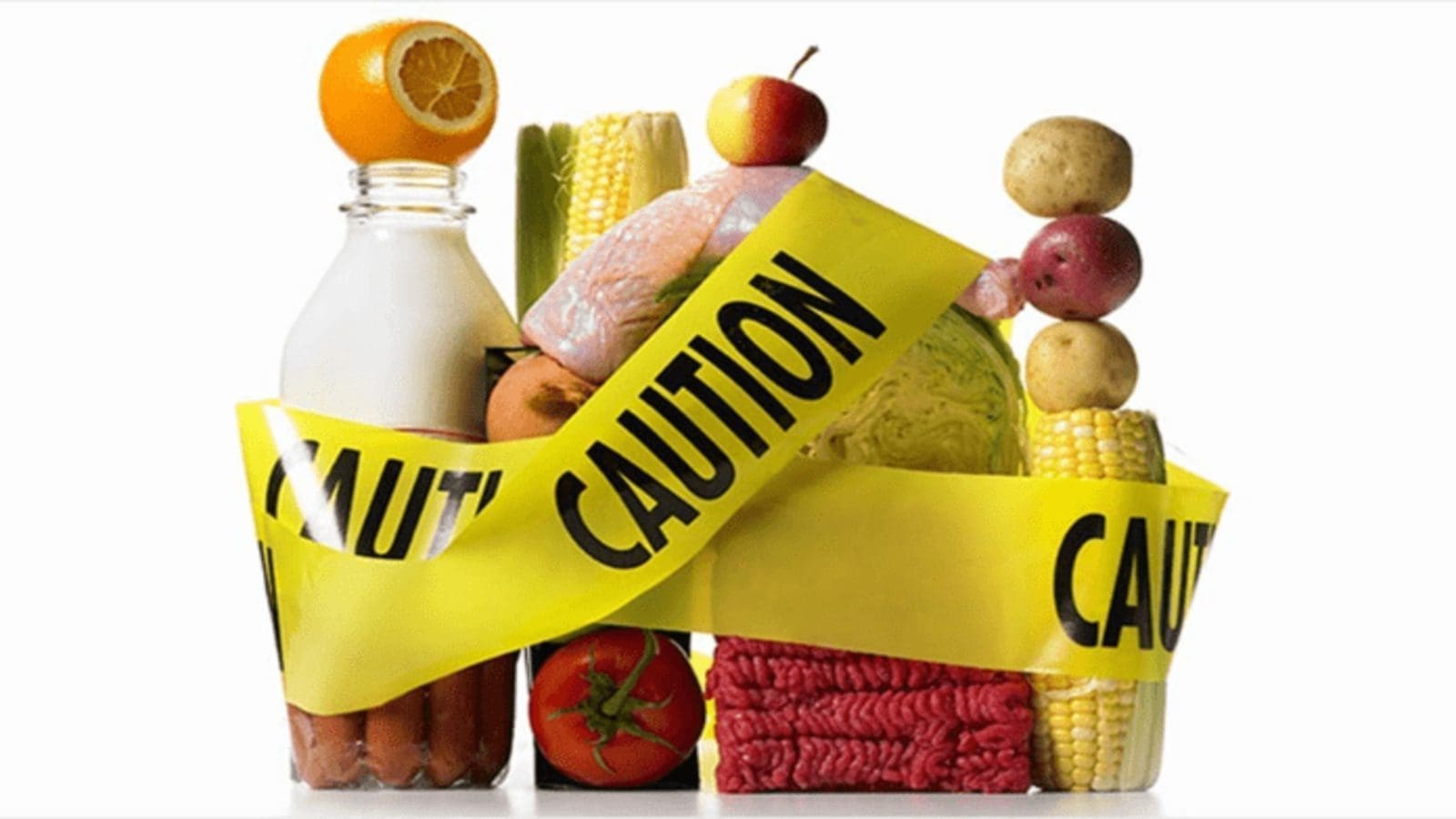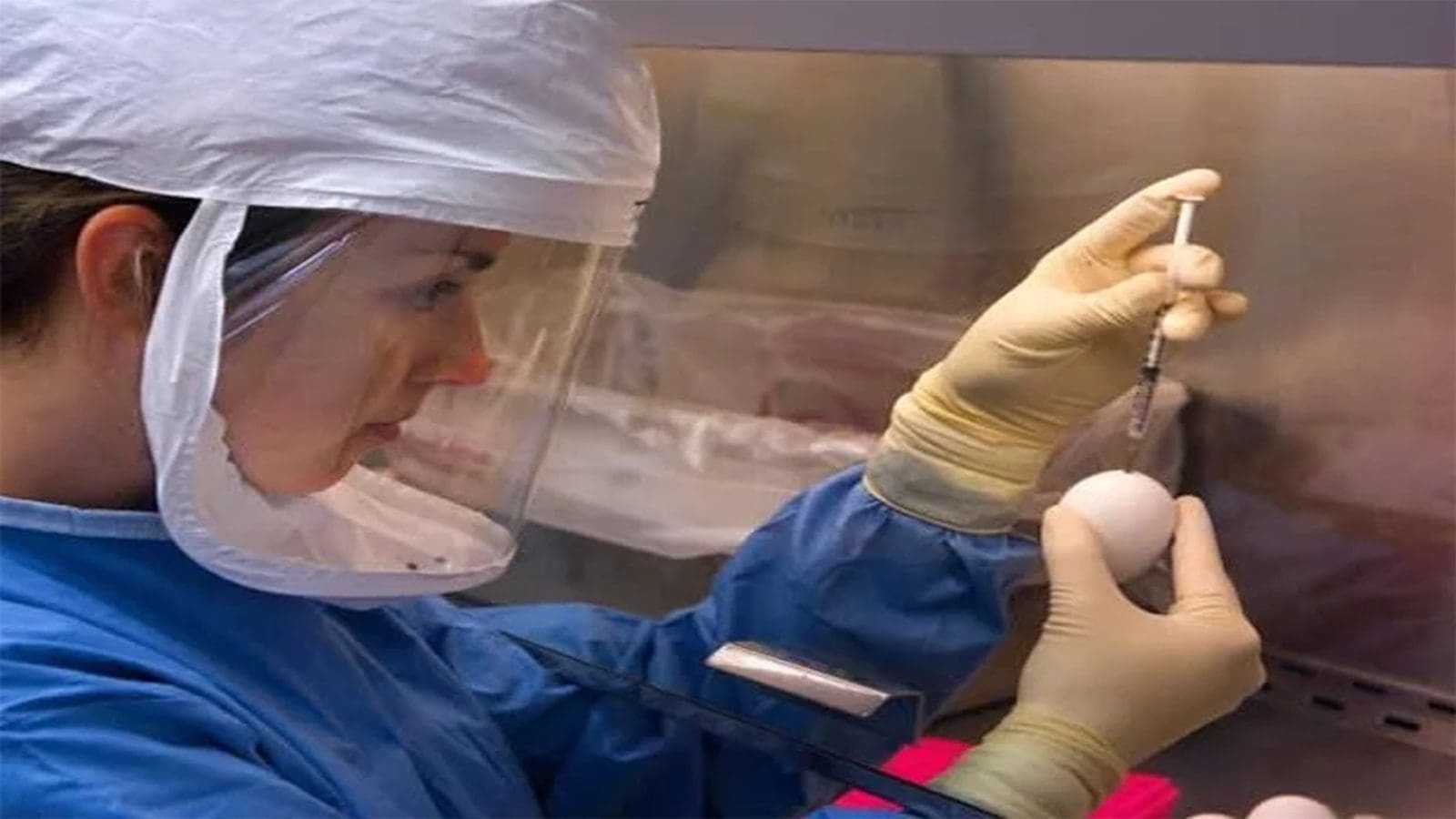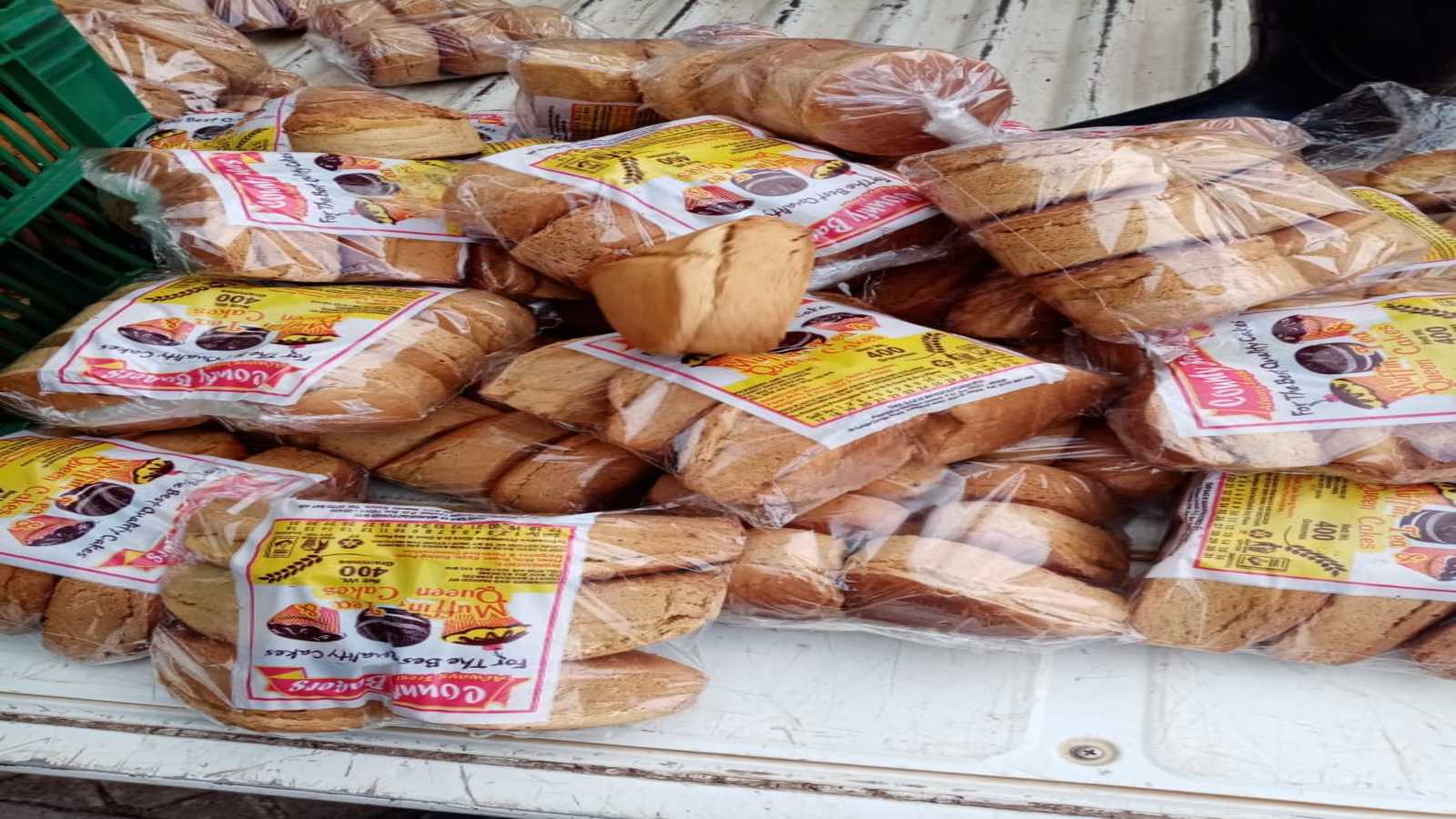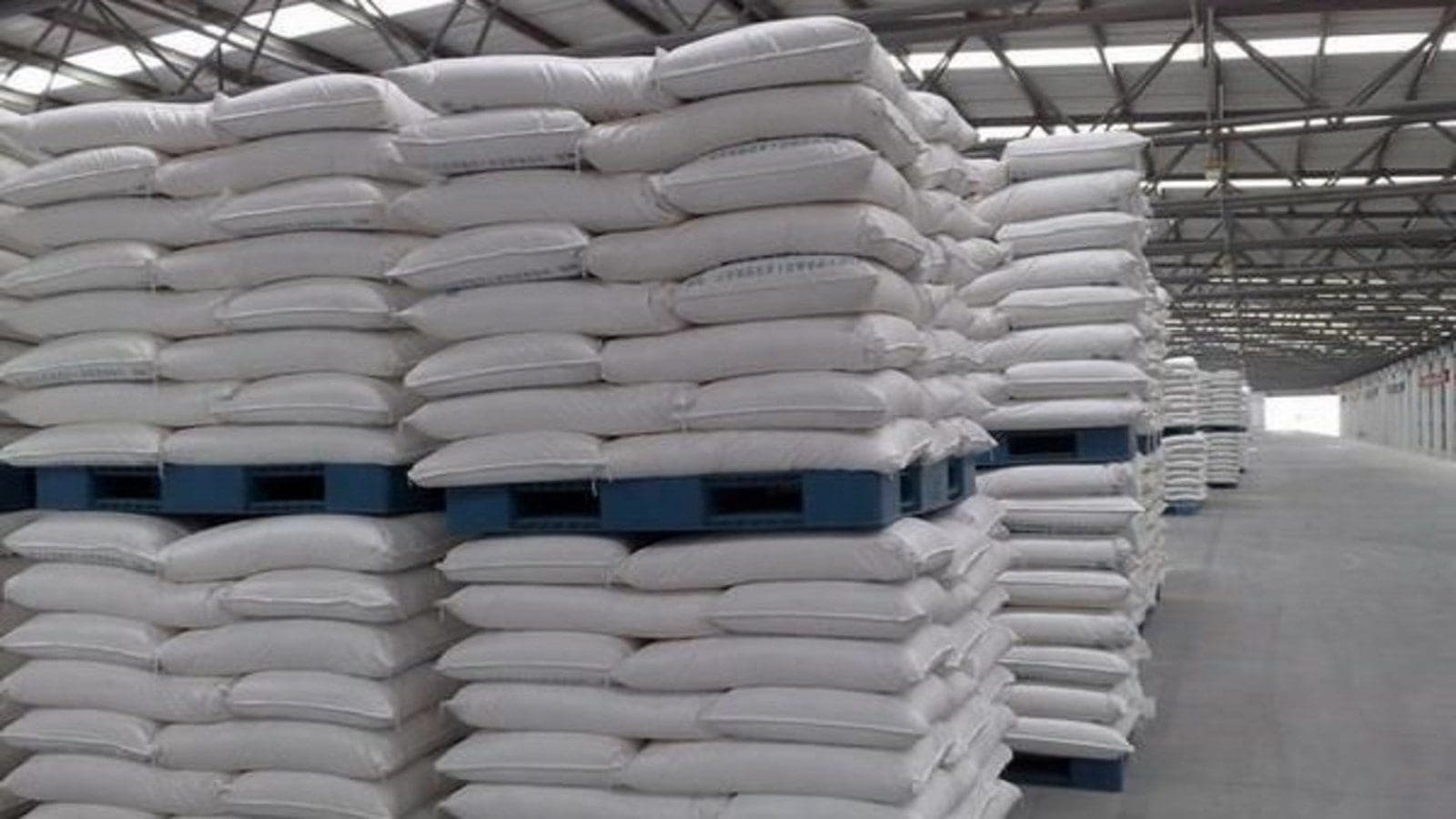KENYA – The Kenya Plant Health Inspectorate Service (KEPHIS) is carrying out research to see whether there is a connection between the use of pesticides on crops and the rise in cancer incidence in the Mount Kenya region.
The study, which will be carried out in the 10 counties that border the Central region, will aid the government in developing countermeasures to the spread of toxic farm inputs into the area, according to Mr. Peter Weru, Chair of KEPHIS.
A Ministry of Health report from 2022 revealed that the highest cancer burdens were found in Nyeri, Murang’a, Kirinyaga, and Embu.
At that time, Murang’a had 2,123 cases of cancer, followed by Kirinyaga with 2,033 cases per 100,000 people. Nyeri had 2,127 cancer cases for every 100,000 people.
“We are working in partnership with all the ten counties that constitute the Mount Kenya Economic Block to unravel the riddle behind the spike in the number of cancer cases in this region and whether the surge is in any way related to the use of agrochemicals on food crops,” Weru told reporters.
A German non-profit group (NGO) had called for an end to the importation of pesticides that had been classified as harmful in October of last year.
Statistics provided by Heinrich-Böll-Stiftung indicated that one or more active components in 76 percent of the total amount of pesticides used in Kenya fall under the category of “Highly Hazardous Pesticides” (HHPs).
Furthermore, the lobbying group said that such pesticides, which are now prohibited in EU nations, have been linked to a rise in cancer cases, disruptions of the hormonal and brain systems, and genetic problems in unborn children.
Pesticides that have been banned in Europe are still making their way to Africa, according to Heinrich-Böll-Stiftung Director Joachim Paul, who was speaking at the launch of Pesticide Plus, a periodical on hazardous chemicals.
“Pesticides that are not allowed for use in countries such as Germany where they are produced are still exported to other countries. In Kenya, 44 percent of the total volume of pesticides used are banned in Europe.
“The practice of companies being allowed to sell pesticides not permitted for use in their own country because of their potential to cause high levels of acute or chronic hazards to humans and the environment creates the double standard. In Kenya the use of these pesticides poses a great risk to farmers, local communities, and all consumers and should be addressed, as an urgent public health concern,” he said in a press statement to media houses.
Two years ago, a report from the Pest Control Products Board (PCPB) and the Agrochemicals Association of Kenya (AAK) revealed that samples of tomato and kale in Kenya contained a total of 25 different active ingredients, with 51% of those active ingredients already being taken off the market in EU nations.
60 percent of the samples had residual levels that were higher than those advised by the EU.
According to AAK statistics, 96% of Kenyan farmers use pesticides in their farming operations.
The World Health Organization (WHO) highlighted many health hazards connected with pesticide usage over an extended period of time in 2016, even as it acknowledged the significance of pesticides in reducing illnesses in crops.
According to reports from KEPHIS’s National Pesticide Residue Monitoring Program (NPRMP), out of 1,139 food samples collected in 2018, 530 (46.53%) had pesticide detections, while 123 (10.80%) exceeded the EU’s maximum residue levels (MRLs).
The Institute’s Annual Report and Financial Statements for the Year Ended 30th June 2018, kales, peas, and capsicum had the most pesticide residue detections out of the samples taken from edible greens, with 94.40 percent, 75.84 percent, and 59.18 percent, respectively.
Climate change calls for climate-smart varieties
Professor Theophilus Mutui, Managing Director of KEPHIS, said the introduction of pests and illnesses that were previously unknown to Africa has made it more difficult for the nation to manage its food shortage.
“Climate change has brought new pests and diseases which were not originally found in Kenya such as fall armyworms, a pest that was found in cold areas. However, due to an increase in temperature such pests have now found their way into the tropics.
“We are developing what we call climate-smart varieties that are able to withstand pests and diseases, that are drought tolerant, early maturing, and contain more nutrients to mitigate the vagaries of climate change,” he said.
While the government will make every effort to secure the usage of regional seed types, Professor Mutui stressed that such efforts can only be made feasible by abiding by established safety regulations.
He claimed that although farmers are free to choose between using locally available or technologically developed seed varieties, such inputs must be properly approved in accordance with the Seed and Plant Variety Act.
He informed that the country has a gene bank at the Kenya Agriculture and Livestock Research Organization (KALRO) where all indigenous seeds are preserved for posterity, reports Kenya News Agency.
“In KEPHIS we implemented a law known as Seed and Plant Variety Act where farmers are allowed to share amongst themselves standard seeds. But we prohibit anybody who would pretend to be selling certified seeds which are not.
“If the seeds are being sold through the formal system the agrovets, stockists KEPHIS has the role of inspection to ensure they meet the quality standards as stipulated in the Seeds and Plant Variety Act,” he added.
Kahiga pledged to work with KEPHIS to promote laws that would improve seed safety not only in the economic bloc but throughout the whole nation.
For all the latest food safety news from Africa and the World, subscribe to our NEWSLETTER, follow us on Twitter and LinkedIn, like us on Facebook and subscribe to our YouTube channel.


